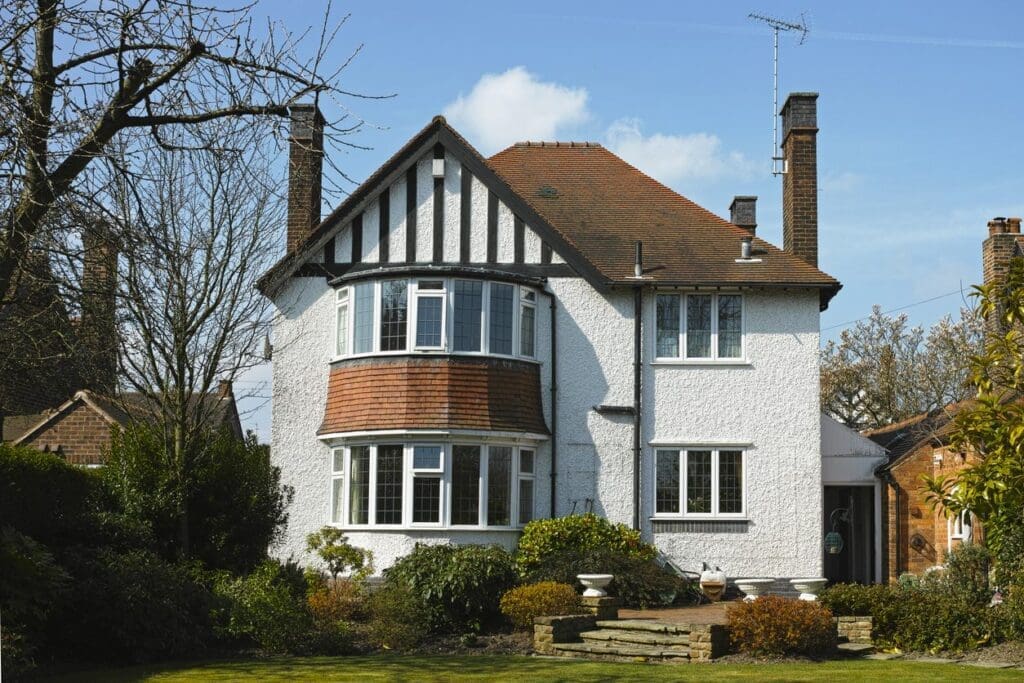When you buy an apartment, you’re probably buying a leasehold property. This means you own part of the building, but not the land it sits on. The lease is a legal agreement between you and the freeholder that sets out your rights and responsibilities.
A well-maintained apartment can be an excellent investment and comfortable home. However, there are specific things to check before committing to a purchase that differ from buying a house.
Key point – Always check the length of the lease before buying. Anything less than 80 years can affect mortgage availability and resale value.
Understanding leasehold
Leasehold ownership means you buy the right to live in the property for a fixed period. Most apartment leases start at 99 or 125 years and decrease over time.
Lenders typically want at least 80 years remaining on a lease to offer a mortgage. If a lease has fewer years, you can ask the seller to extend it before purchase, though this adds cost and time to the process.
As a leaseholder, you’ll pay:
- Ground rent (although this is being phased out for new leases)
- Service charges for building maintenance
- A share of building insurance
Service charges and maintenance
Service charges cover the cost of maintaining communal areas, the building structure, and shared facilities. These vary significantly depending on the building and its amenities. Service charges can increase, and you’ll have limited control over these costs. Before buying, get a clear picture of the charges and what they cover.
| What to check | Details |
|---|---|
| Current service charge | Ask for the last three years of service charge statements to spot any significant increases |
| Reserve fund | Check if there’s money set aside for major works like roof repairs |
| Planned works | Find out if any major works are scheduled that might incur additional costs |
Management structures
Apartments are managed either by:
- A managing agent hired by the freeholder
- A resident management company where leaseholders have more control
- Leaseholders who collectively own the freehold (share of freehold)
The management structure affects how decisions about the building are made and how effectively it’s run.
If the building is poorly managed, you might face issues with maintenance, disputes between residents, or difficulty selling in future. Ask current residents about their experience with the management if possible.
Key point – Review the management company’s accounts and meeting minutes to assess how well the building is run.
Legal checks specific to apartments
When buying an apartment, your solicitor will make additional checks. Ask your solicitor to explain any unusual lease terms. Some restrictions can affect your lifestyle or ability to sell in future.
| Check | Why it matters |
|---|---|
| Lease terms | Restrictions on pets, subletting, alterations, or noise |
| Building regulations and fire safety | Especially important post-Grenfell |
| Service charge arrears | You don’t want to inherit debt |
| Management company solvency | Financial stability affects building maintenance |
Building quality and safety
The quality and safety of the apartment building are crucial considerations. After the Grenfell Tower tragedy, fire safety has received greater scrutiny.
For apartments in buildings over 11 metres tall, an EWS1 form (External Wall System) may be required by mortgage lenders. This certifies the external wall construction has been assessed for fire safety.
When viewing apartments, look for:
- Fire safety measures
- Sound insulation between flats
- Building security
- Condition of communal areas
- Evidence of damp or structural issues
A professional survey is vital. It will identify issues specific to apartments that you might miss during viewings.
Financial considerations
Beyond the purchase price, factor in:
- Service charges
- Ground rent (if applicable)
- Council tax
- Utilities
- Building insurance (usually included in service charge)
- Potential for lease extension costs
Lenders have specific criteria for apartments. Some won’t lend on high-rise buildings, those above commercial premises, or ex-local authority properties. Check with your mortgage broker about lender requirements.
Key point – Budget for service charge increases per year to avoid financial surprises.
Making an offer
When making an offer on an apartment, take into account:
- Lease length
- Service charge value
- Building condition
- Local property prices
- How long the property has been on the market
There’s often more room for negotiation with apartments than houses, especially if there are lease issues or high service charges.





